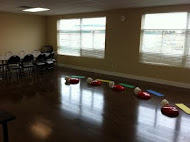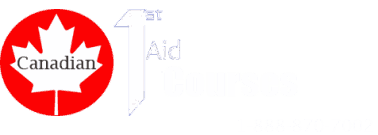CPR training in US
Because of the large competition of American CPR courses in the US, we have remained one of the providers that offer quality training for the cheapest rates. We have five courses offered to trainees, three Basic Life Support and two Advanced Life Support courses. If you need to get certified as a CPR rescuer, you can enroll in any of the courses we offer through the week. Sometimes, with the influx of students at our providers we hold classes during the evenings and weekends.
Credentials for CPR training
All courses at our providers are certification courses. We require students to have complete attendance and to pass the pre and post-test before we award them with a CPR training certificate. Post-tests can be made up of just a skills test or a skills and written test. These are called certification exams, or the exam that the trainee needs to pass to get certified.
Credentials are valid for two years then they expire. If you want to keep the validity of your credential for an additional two years, you can sign up for re-certification before it expires. Remember to get re-certified before the expiration date.
American CPR Courses

Our training courses are divided into Basic Life Support and Advanced Life Support categories. Basic Life Support programs are focused on teach trainees how to give basic CPR rescue to a cardiac arrest victim. Basic CPR rescue entails the use of two skills: chest compressions and rescue breaths. Defibrillation is also a part of basic training, to prepare trainees if an AED is available during an emergency.
- Basic training in CPR and AED – A general public course that lasts four hours, this basic class teaches students about one-person rescue – or CPR given when the rescuer is alone or is the only trained CPR rescuer in the area. First aid for common injuries like minor cuts is included in basic training. Another version of this course is offered to healthcare providers, lasting four and a half hours long.
- Basic Life Support – A healthcare provider course that last four and a half hours long, this class teaches students both one and two-person rescue. Two-person rescue is possible when there are two trained CPR rescuers during an emergency. Students are also taught first aid, defibrillation, and the basic guidelines for giving CPR from the American Heart Association.
Advanced courses on the other hand, are focused on medical management. We train students to give medications and prepare and use equipment such as ventilatory support devices. We also teach students about common diagnostic examinations done on victims of cardiac arrest, such as ECGs. The programs are are only for healthcare providers. There is a pre-test and the trainee has to have a Basic Life Support for HCPs certificate.
- Advanced Cardiac Life Support (ACLS) – An HCP course that lasts two-days, a total of 16 hours. It focuses on the management of adult cases.
- Pediatric Advanced Life Support (PALS) – An HCP course that lasts two-days, a total of 14 hours. Although PALS has the same curriculum as ACLS, it focuses on the management of pediatric cases.
